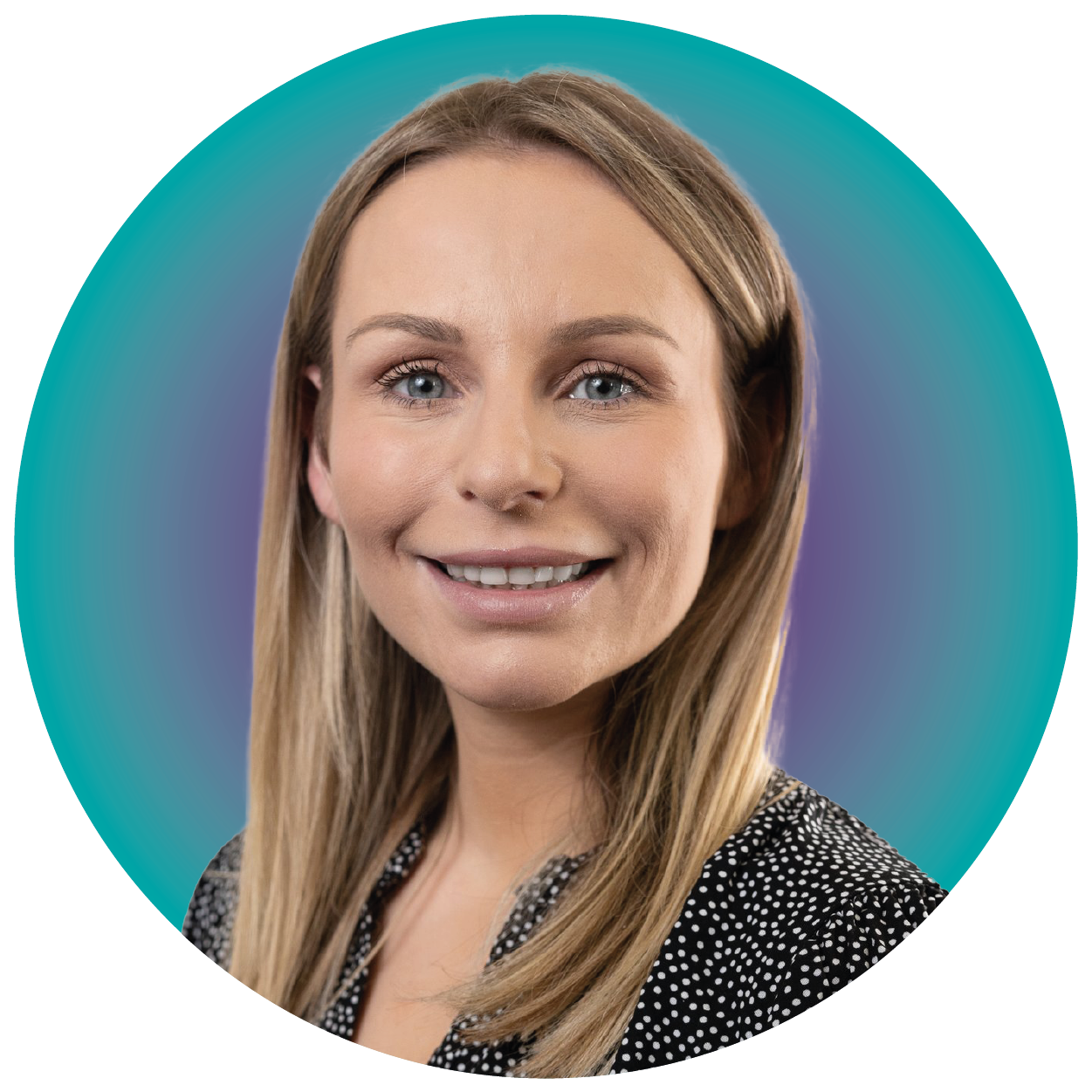In Scotland, income tax is a partially devolved tax.
The Scottish Government is responsible for setting the rates and bands each year for non-saving income. The Scottish Rate of Income Tax (SRIT) currently applies only to non-savings income. Non savings income includes employment, pensions, self-employment and property income.
All savings and investment income remains taxable at the rates and tax bands set by the UK Government and is expected to remain so for the foreseeable future.
If you are a UK resident who splits their time between Scotland and the rest of the UK, you should consider your position carefully and make sure the facts reflect and support your intentions when declaring whether you are a Scottish taxpayer or not.
Tax rates for 2022/23 are:
| Taxable income | Band | Rates |
| 0 to £2,162 | Starter | 19% |
| £2,163 to £13,118 | Basic | 20% |
| £13,119 to £31,092 | Intermediate | 21% |
| £31,093 to £150,000 | Higher | 41% |
| Over £150,000 | Top | 46% |
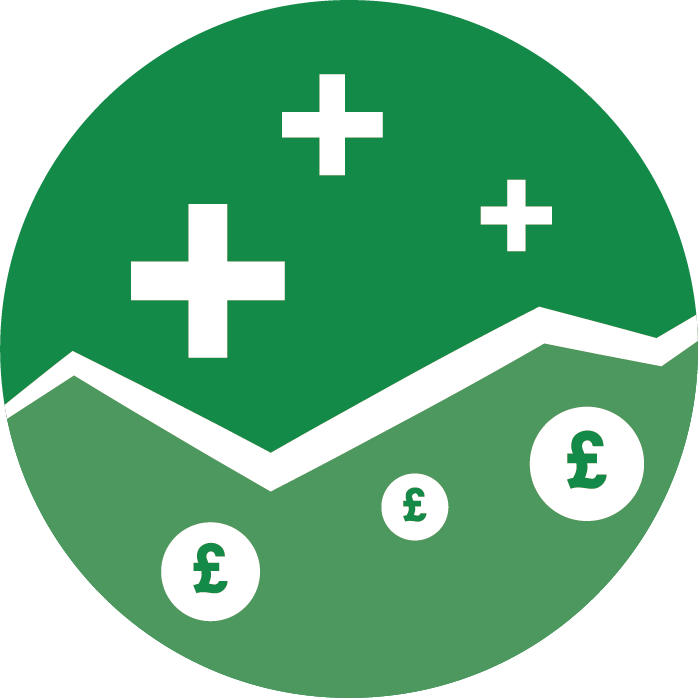
The UK Government continue to set the rates for all other income and allowances and reliefs that apply. Your personal allowance, along with the other allowances such as those applicable to savings and dividends are set by the UK Government and apply to Scottish taxpayers on the same basis as all UK taxpayers.
>UK Business and Personal Tax Rates 2022-23
Income tax and your personal allowance
The starting point in tax planning is to understand where your income is likely to fall relative to the tax thresholds.
Where the personal allowance is available, it is phased out on income between £100,000 and £125,000. This results in an effective tax rate of up to 60% (61.5% for Scottish residents) within this income bracket.
It may be possible to reduce taxable income through pension contributions and eligible charitable donations. The personal allowance is not available to non-UK domiciled individuals who claim the remittance basis.
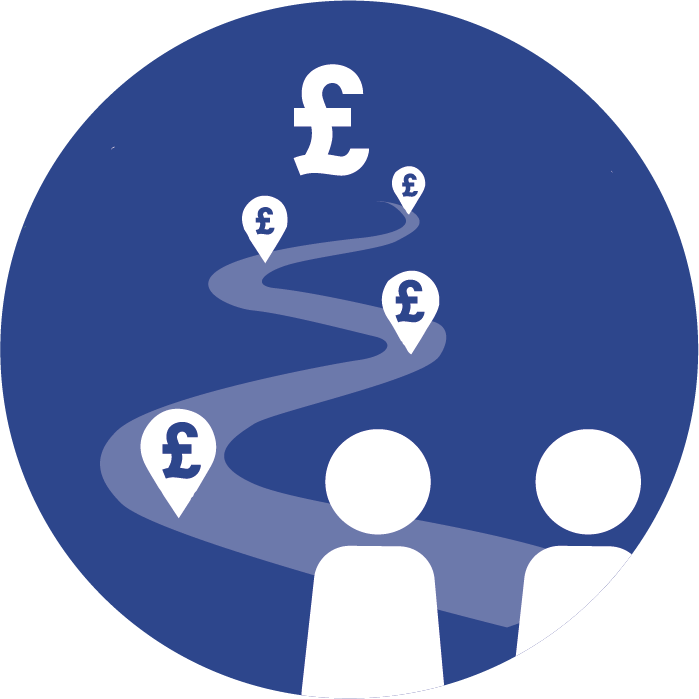
Income tax saving for couples
Switching income from one spouse or partner to the other can help save tax – may be even more important this year.
Always aim to use both individuals’ personal allowances (£12,570 in 2022/23) and minimise any higher and additional or top rate tax.
- Income over £150,000 is currently taxed at 45%, or 46% for non-savings, non-dividend income in Scotland.
- The personal allowance is withdrawn where income (less certain deductions) is more than £100,000.
- You might be able to reorganise both of your financial affairs to avoid exceeding one of these limits – CGT may be payable on switching ownership of an investment if you are not married or in a civil partnership.
If you are also a director of a company, you can receive £2,000 of dividends tax free in 2022/23 regardless of your tax status.
Reorganising your shareholdings between you may make better use of this limit. You can also receive £1,000 of savings income tax free if you are a basic rate taxpayer, and £500 if paying tax at the higher rate.
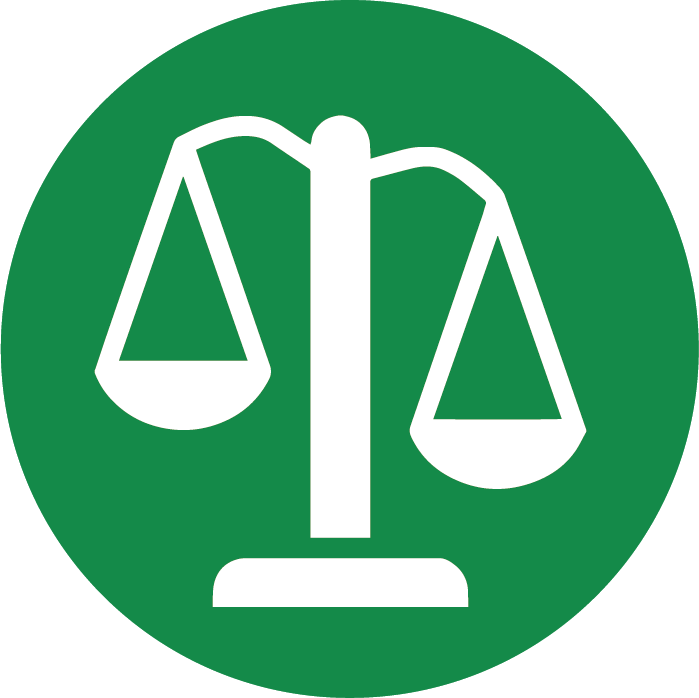
If you or your partner have little or no earnings or pension income, you might also benefit from a 0% tax rate on up to a further £5,000 of savings income. Shifting assets between you can help minimise tax on your savings income. A £1,000 tax-free allowance is available for income from property, such as where a parking space is let out, so joint ownership could result in a modest tax saving.
If one spouse or civil partner will not be able to use their personal allowance for 2022/23, then claiming the marriage allowance will save the other spouse/civil partner up to £250 in tax.
However, a claim can only be made if the recipient does not pay tax above the basic rate. Claims can be backdated for four tax years, so the advantage of making a claim by 5 April 2023 is the inclusion of 2018/19.
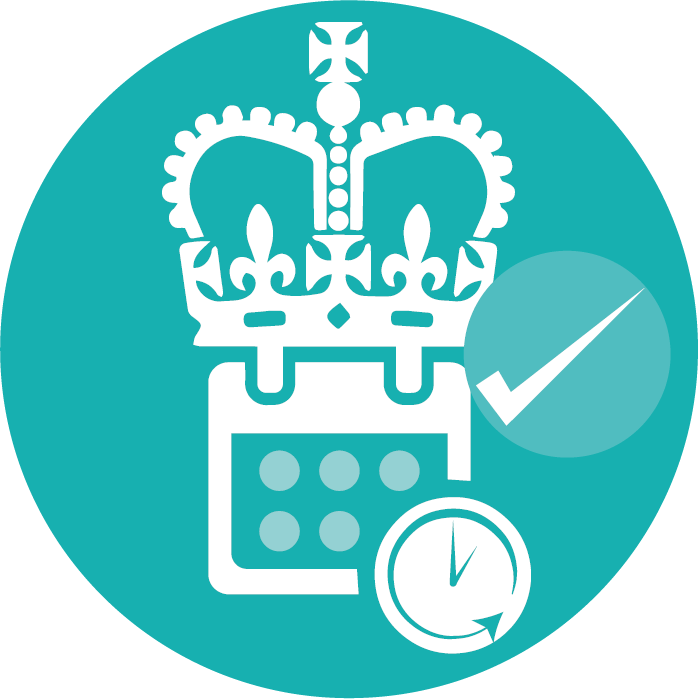 Self-assessment tax return
Self-assessment tax return  Company directors
Company directors  Capital allowances and other reliefs
Capital allowances and other reliefs  Inheritance Tax Planning
Inheritance Tax Planning 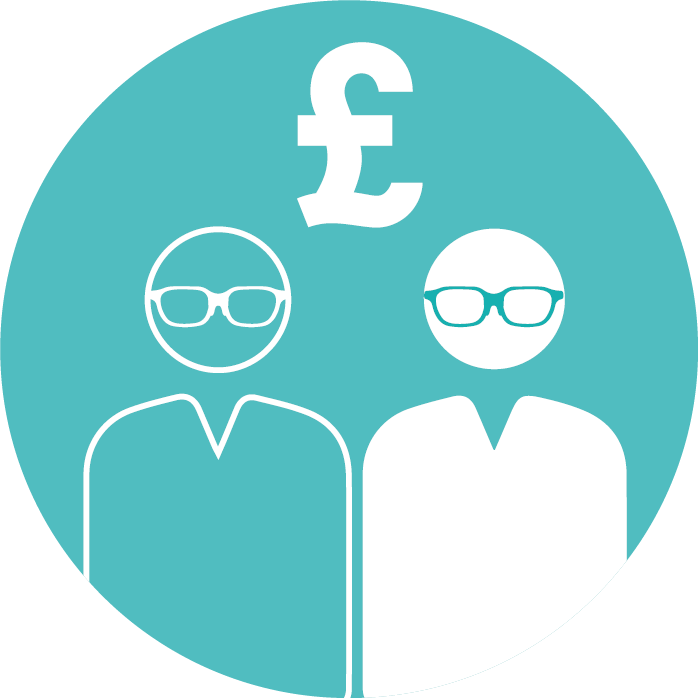 Partnership taxation
Partnership taxation  Funding Matters
Funding Matters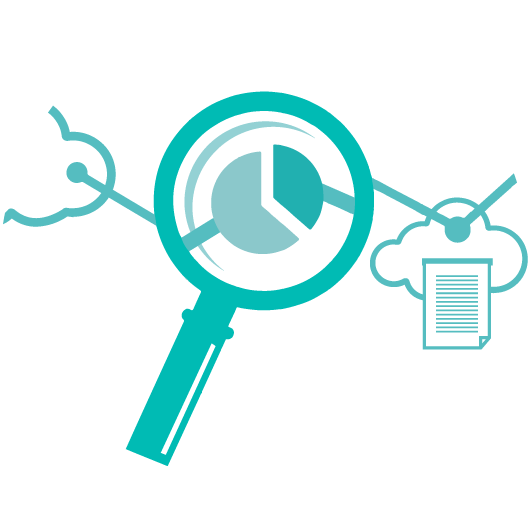 Tax Planning + Advice
Tax Planning + Advice Strategy + Planning
Strategy + Planning Accounts, Bookkeeping + Payroll
Accounts, Bookkeeping + Payroll